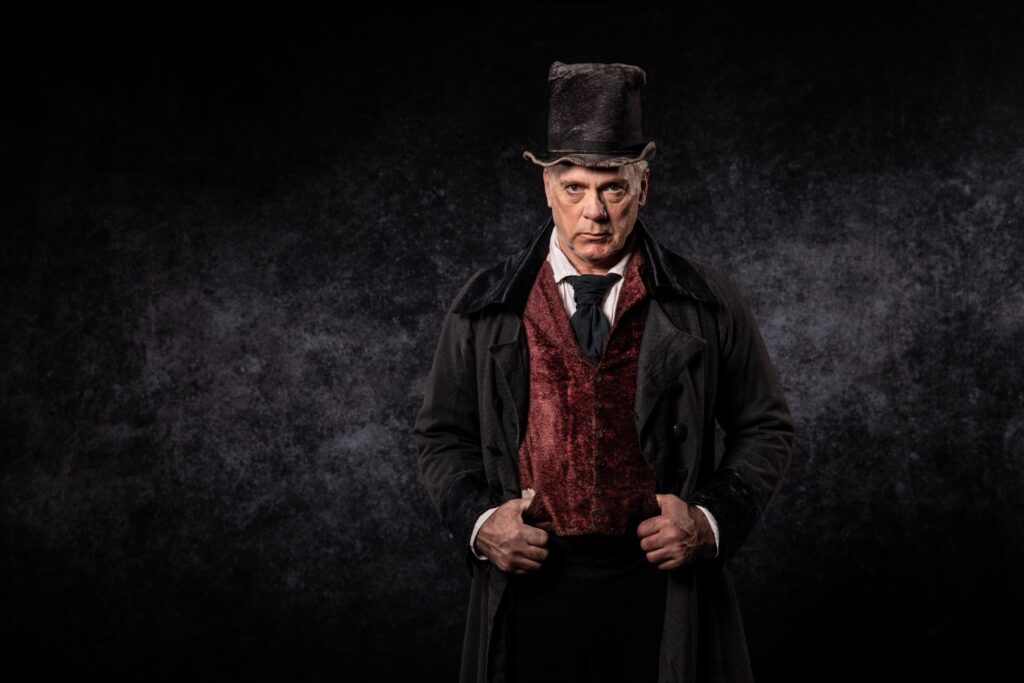“The play is centered around this 91-year-old woman whose husband has died. She’s in the last years of her life, living in a New York apartment when her 21-year-old grandson turns up at her door. He’s just ridden across the length of America on a bike journey with his best mate. Along that trip his mate was hit by a truck. Rather than going to the funeral and bonding and spending that time with his family he has decided to just keep riding. He’s thrown away his phone and cut off all contact with everyone.”
4000 Miles is the story of what happens next, following the two relatives as they reconnect with one another and try to find a way of relating to each other across the generations despite their extremely varied life experience. “It’s got that odd couple aspect,” says Pritchard. “But it manages to look at older people without taking it too romantically as other texts in the genre can do. It’s a really detailed portrait of an older character which you don’t often see. You don’t see an older lady drawn with this kind of intimacy. I felt like I knew this character more than I knew my own grandmother in reading it.
“Old people are generally used as more symbolic figures – the mentor, the grandmother – you don’t get to know them with the intimacy you do with the character in this play. 4000 Miles says a lot about the wisdom that can come with ageing. Both characters are at different points in their life, but you meet them at somewhat parallel positions. He’s just had his first encounter with death and she’s grown to have an acceptance of death. She’s encountering ageing and all the hatred of her body that comes with that as she realises she’s breaking down.”
An examination of ageing of this nature could easily make you stop and think about the place of older people in our society. “The way we treat ageing in this country and the broader Western context is interesting. As people get old and they stop participating in consumerist society, they stop buying and so we stop being interested in them. We ship them off to homes and hope they don’t kick us out of the will, and in other countries it’s not like that. Older people have a lot more dignity and respect and centrality to the community whereas in our society they’re really marginalised.”
Julia Blake, star of Prisoner, frequent actor with the Melbourne Theatre Company (MTC), and contributor to films including My Brilliant Career, Three Dollars and even X-Men Origins: Wolverine, takes on the central role of 4000 Miles, something Pritchard is extremely pleased about. “She’s an incredible older performer. For someone who’s been doing a lot of major films and working with the MTC this is a brave choice for her but she’s just loved the role, she’s thrown herself into this play so thoroughly and clearly found it quite rewarding. She’s ageing up for the role – it’s a big jump between 76 and 91.”
Tim Ross, Julia’s co-star, played a pivotal role in securing the experienced actress for the play. “Tim went around to her house. She doesn’t have internet or a mobile phone so he literally printed off a copy of the script and went round to her house. He met with her husband first – it was this whole kind of courting process. He had tea with him for around 45 minutes and didn’t even meet Julia! Apparently he was a very lovely boy and based on that conversation and the strength of the work she decided to take it on.”
BY JOSH FERGEUS







